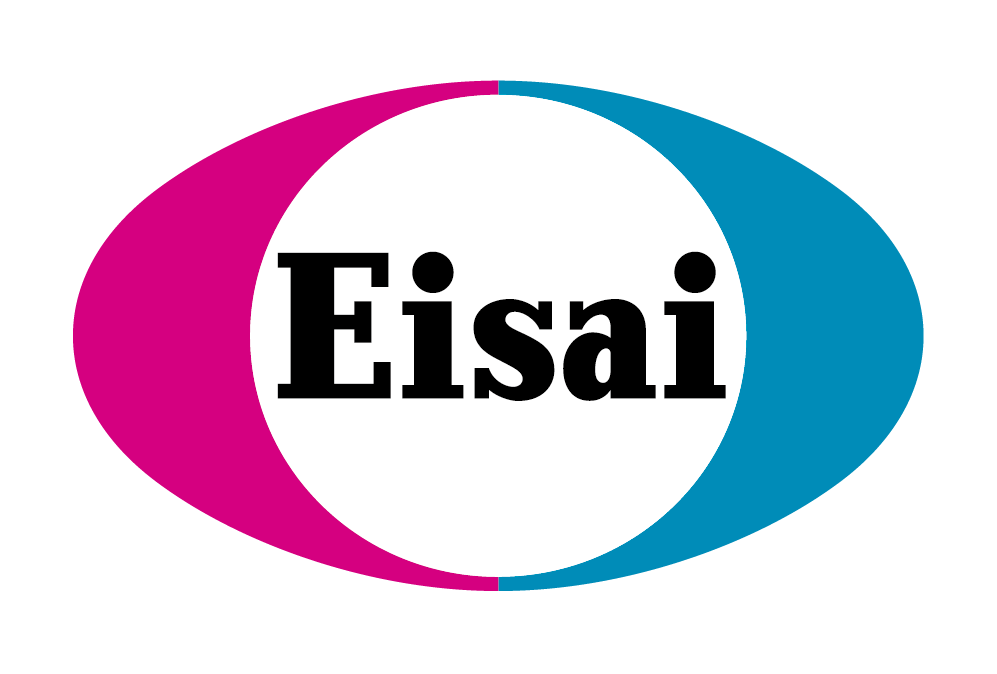How I Advocated for Myself as a Young Adult With Head and Neck Cancer
Editor's Note
This story was written by Cindy S., a head and neck cancer survivor who advocates for people impacted by this disease.
I was 27 years old when I was diagnosed with head and neck cancer. Having just returned from a trip abroad, I assumed the sore on my tongue was an allergic reaction or infection from travel. Given my age and the fact that I didn’t have any of the risk factors, cancer never even crossed my mind. It was surreal to receive my diagnosis — I felt like I was floating as the doctor walked me through the next steps. When I told my family about my diagnosis the day before my husband’s birthday, I also felt outside of my body. I didn’t let this diagnosis define me, though. That’s why I’m now sharing my story through Made of More, an initiative designed to help others understand the complexities of the disease and share resources for patients and caregivers.
In terms of treatment, I had surgery to remove parts of my tongue and lymph nodes and went through 33 radiation therapy sessions. An infection and allergic reaction to antibiotics landed me back in the hospital. However, I felt like life was back to “normal” about three months after my diagnosis. Unfortunately, two years later, right before my 30th birthday, my cancer returned. I had surgery to remove it and reconstruct part of my tongue. Throughout this entire experience, I was so lucky to have family and friends who were not only physically present, but also emotionally supportive of both my husband and me. The lonely part was not having anyone who could relate to my specific experience as a young person with head and neck cancer.
At the time, I wasn’t able to find educational information specifically for young people with head and neck cancer, or others like me being vocal about how this diagnosis impacted their life. The information I did find was often for people much older and in a different stage of life. Through Made of More, I hope people impacted by head and neck cancer will know that more specific resources are available.
In hindsight, I also wish I had sought out more resources about how to advocate for myself, the potential impact cancer treatment can have on fertility, and options for fertility preservation. Starting a family was a distant thought when I was first diagnosed, but the concept became top of mind when my cancer returned. I was afraid I wouldn’t be around for my future children and of how radiation could affect my fertility. My radiation treatments affected my thyroid function, so my husband and I decided to go through IVF. I’m thrilled to share that we welcomed our first child earlier this year!
I hope that by sharing my story, other young people affected by head and neck cancer can learn from it, feel less alone, and be inspired to know that you can come out on the other side. You are more than your cancer diagnosis.
Even after all that I have been through, the pieces of me that define who I am are still there inside. And they are inside of you, too.
To learn more about the Made of More initiative, created in collaboration with the Head and Neck Cancer Alliance (HNCA), Support for People with Oral and Head and Neck Cancer (SPOHNC), Thyroid, Head & Neck Cancer (THANC) Foundation, CancerCare, and Eisai Inc., visit www.madeofmore.com.


